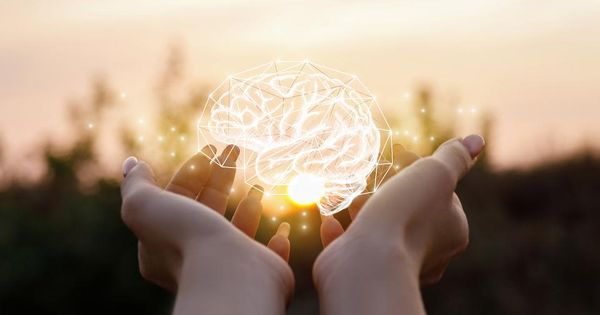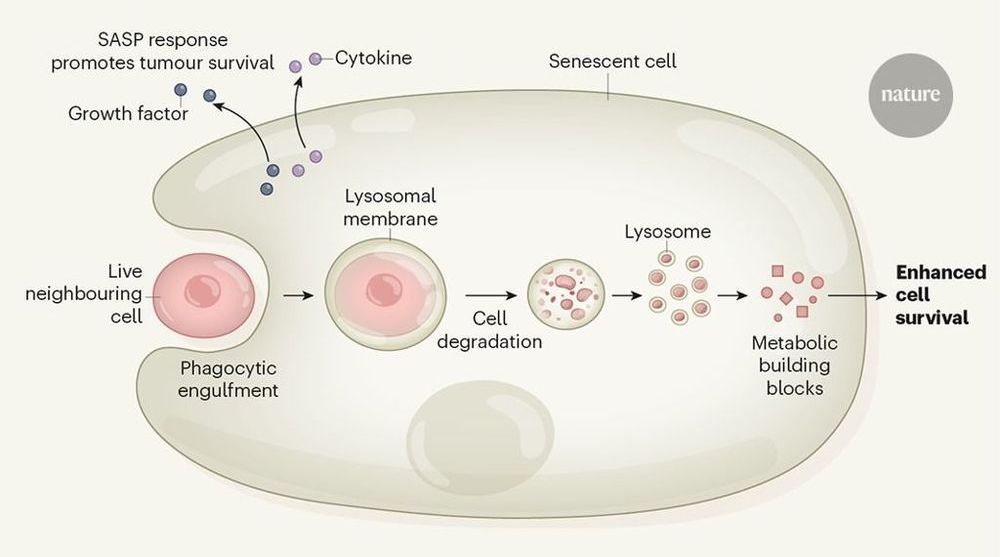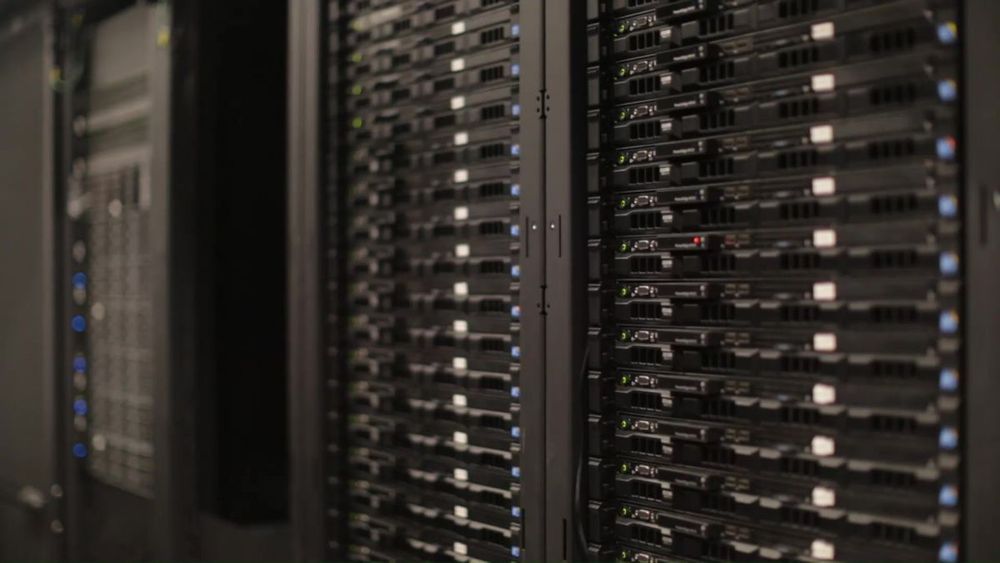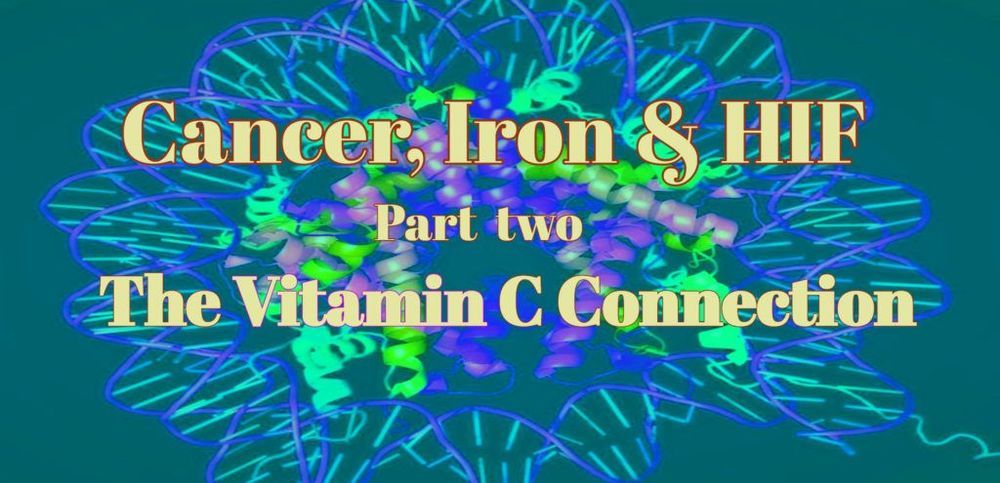Elon Musk’s Neuralink reminds us of what is possible in the age of Artificial Intelligence — do you know who you are?



Much mentioned in this article I have long decided by way of the origin of these amino acids, not the now seen reaction to them… What say Ye??? r.p.berry & AEWR https://gerevivify.blogspot.com/
Supplements may appear harmless enough—but beware.

Chemotherapy-treated cancer cells that enter a non-dividing state called senescence can nevertheless boost cancer growth. The finding that these cells eat neighbouring cells reveals a mechanism that enables senescent cells to persist. Chemotherapy-treated tumours boost their survival by ingesting cells.
❤️ Check out Weights & Biases here and sign up for a free demo: https://www.wandb.com/papers
The mentioned blog post on the gradients and its notebook are available here:
Post: https://www.wandb.com/articles/exploring-gradients
Notebook: https://colab.research.google.com/drive/1bsoWY8g0DkxAzVEXRigrdqRZlq44QwmQ
📝 The paper “Solving Rubik’s Cubewith a Robot Hand” is available here:
https://openai.com/blog/solving-rubiks-cube/
🙏 We would like to thank our generous Patreon supporters who make Two Minute Papers possible:
Alex Haro, Anastasia Marchenkova, Andrew Melnychuk, Angelos Evripiotis, Anthony Vdovitchenko, Benji Rabhan, Brian Gilman, Bryan Learn, Christian Ahlin, Claudio Fernandes, Daniel Hasegan, Dan Kennedy, Dennis Abts, Eric Haddad, Eric Martel, Evan Breznyik, Geronimo Moralez, James Watt, Javier Bustamante, John De Witt, Kaiesh Vohra, Kasia Hayden, Kjartan Olason, Levente Szabo, Lorin Atzberger, Lukas Biewald, Marcin Dukaczewski, Marten Rauschenberg, Matthias Jost, Maurits van Mastrigt, Michael Albrecht, Michael Jensen, Nader Shakerin, Owen Campbell-Moore, Owen Skarpness, Raul Araújo da Silva, Rob Rowe, Robin Graham, Ryan Monsurate, Shawn Azman, Steef, Steve Messina, Sunil Kim, Taras Bobrovytsky, Thomas Krcmar, Torsten Reil.
https://www.patreon.com/TwoMinutePapers
Splash screen/thumbnail design: Felícia Fehér — http://felicia.hu
Károly Zsolnai-Fehér’s links:





